The second installment of the Global Program took place from May 6 – May 10, 2024 in Quito, Ecuador, as a collaboration between the NYU MOTH Project and the Andina University Símon Bolívar.
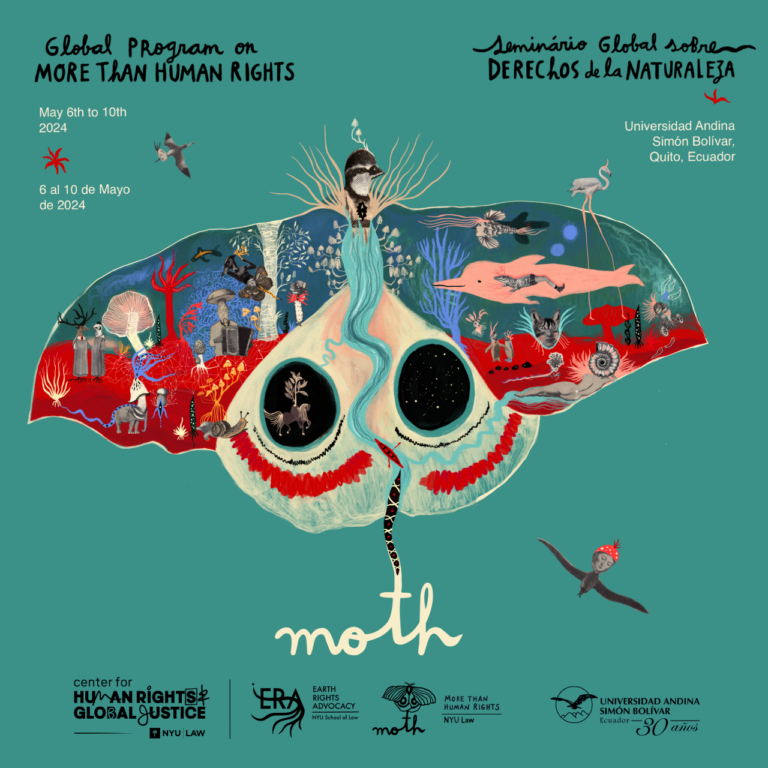
More-than-human (MOTH) rights is a quickly evolving field, one that draws on the perspectives, insights, and ideas of law, science, Indigenous knowledge, philosophy, and the arts to advance legal actions, strategies, and research to protect the diversity and richness of the more-than-human world.
The Global Program on More Than Human Rights is an intensive five-day course designed to impart students with the essential elements of rights of nature law and contemporary practices and thinking associated with the MOTH paradigm.
With classes and immersive learning modules taught by world-renowned experts in rights of nature law and jurisprudence, multispecies justice philosophy, ecology, Indigenous storytelling, and more, students walk away with a firm understanding of the rights of nature / more than human rights field. The course modules include the conceptual, theoretical, and practical foundations of the MOTH rights field.
Key Topics
- Who has a voice: who counts as a legal subject for the law? Who is included in the circle of moral concern?
- How do we listen: how do we listen to the voices of the more-than-human world? How do we enter into dialogue with these voices and what implications does it have for how we understand law, governance, and participation?
- How do we act: how do we act on and with the voices of the more-than-human world?
Learning Objectives
Students will conclude the Program with:
- A clearer understanding of how to move beyond anthropocentrism in legal actions and legal practice.
- A firm grasp of the state of the rights of nature / more-than-human rights field.
- An enhanced comprehension of the interdisciplinary and intercultural elements of the MOTH field.
- An improved ability to reimagine the actions and tools needed to protect the human and more-than-human world.
2024 Program Instructors
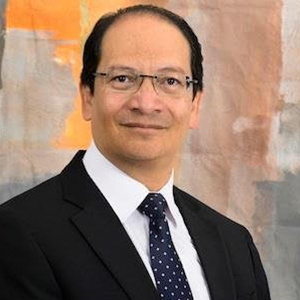
Agustín Grijalva Jiménez
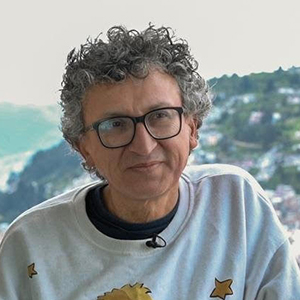
Ramiro Avila Santamaría

César Rodríguez-Garavito

Patricia Gualinga
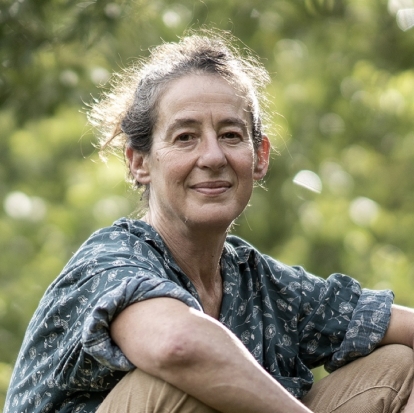
Danielle Celermajer
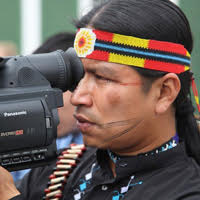
Eriberto Gualinga
Eriberto Gualinga is a filmmaker, photographer, and advocate based in the Sarayaku territory in the Ecuadorian Amazon.
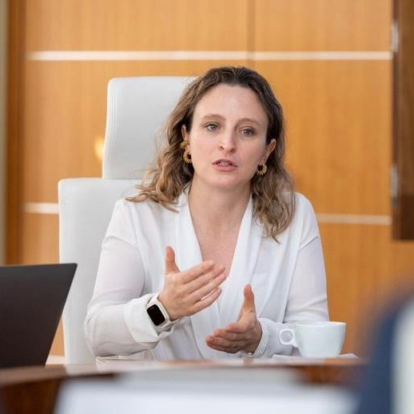
Natalia Greene
Natalia Greene is an Ecuadorian activist and political scientist as well as Global Coordinator and member of the Executive Committee for the Global Alliance for the Rights of Nature (GARN).
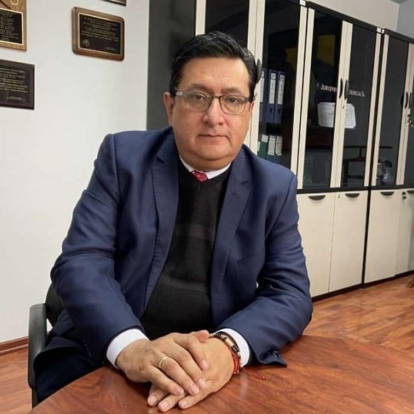
Mario Melo
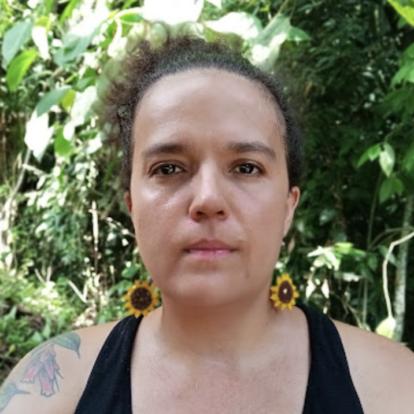
Elisa Levy-Ortiz
Elisa Levy-Ortiz is a biologist with more than 10 years of experience working with butterflies in priority areas for conservation. Since 2017, she has been part of the coalition for the defense of Los Cedros against metal mining. Elisa was also part of the legal process that resulted in a ruling from the Ecuadorian Constitutional Court that protected this important cloud forest.